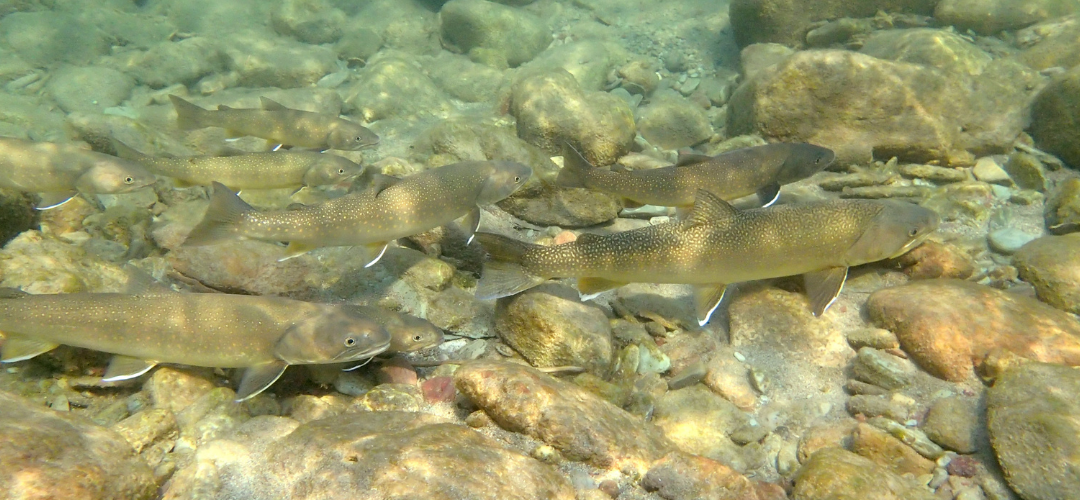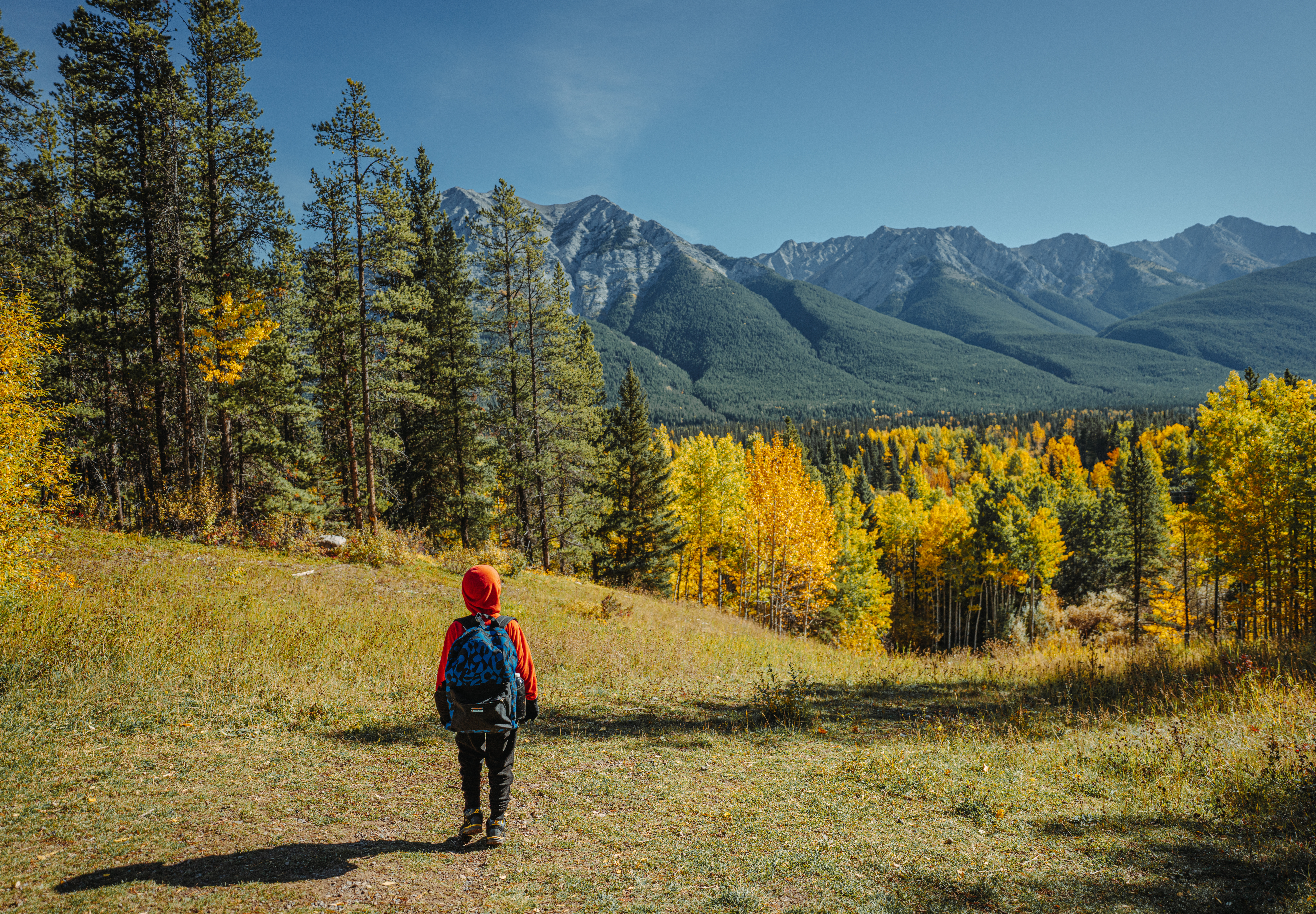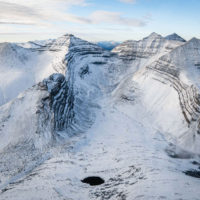February 8, 2021
Today’s announcement from the Minister of Energy on the reinstatement of the 1976 Coal Policy is a significant step forward. This announcement is thanks to the tens of thousands of Albertans who raised their voices in opposition to open-pit mining in the Rocky Mountains and the impacts of the rescission of the Coal Policy on our lands and waters. Our teams celebrate this announcement and we thank the Government of Alberta for listening to the concerns of Albertans.
“We are glad the government is planning to engage in a public consultation on the development of a new coal policy and we have high expectations. Albertans have clearly stated they want more protections for the Eastern Slopes,” says Katie Morrison, Conservation Director with CPAWS Southern Alberta. “The outcome of these consultations must accurately reflect the views of Albertans. It will be very important that Albertans participate fully in this upcoming consultation to ensure it addresses all coal mining in the Rockies.”
Our teams agree the Coal Policy requires updating. However, having this policy back in place ensures some basic protections for ecologically sensitive areas of our province. Given their commitment to consultation, it is premature that the Alberta government is also stating they are seriously considering expanding the coal mining industry in the Rockies. Any updated policy or new legislation needs to reflect current realities such as species at risk, climate change, water scarcity, and the value these landscapes hold for Albertans. It is clear that the 1976 Coal Policy, although well constructed and based on feedback from Albertans at the time, is not sufficient to protect everything that Albertans hold dear today.
The Government of Alberta’s process in rescinding the Coal Policy last year also revealed serious concerns with transparency from our provincial government and we will expect much greater transparency going forward. It is clear that coal mining companies knew about the policy rescission long before Albertans did, allowing them to submit applications before the Coal Policy was rescinded. Companies do not go through the application process unless they have some certainty that they can proceed.
“We have serious concerns about the six projects that are still allowed to conduct exploration activities,” says Christopher Smith, Parks Coordinator with CPAWS Northern Alberta. “Exploration activities cause great damage to our lands and waters. There are currently hundreds of new drill sites and hundreds of kilometers of new roads that are a direct result of the removal of the coal policy. Allowing these activities to continue is not appropriate.”
Other projects such as Benga’s Grassy Mountain and Montem’s Tent Mountain and Chinook projects are also not addressed by this announcement and will continue to go forward in highly sensitive and well-loved areas. There needs to be a full stop on all exploration and development activities until a new land-use plan is created that offers more protections to these important landscapes.
The rescission of the Coal Policy and related mineral exploration has brought to light the fragility of the protections afforded to Alberta’s Eastern Slopes. The response from Albertans has made it clear that Alberta’s foothills and Rocky Mountains are essential to Albertans’ identity and quality of life. The general public, Indigenous communities, municipalities, ranchers, and recreationalists want to see these areas better protected. Any new policy, or preferably, legislation, must address the cumulative impacts of all land uses in Alberta’s Eastern Slopes. Given that regional land-use plans are not yet in place throughout the Eastern Slopes, we feel that the Land Use Secretariat should lead the upcoming consultation process.
“Consultation brings a welcome opportunity for Albertans to re-envision their ideal future for Alberta’s Rocky Mountains and foothills – one that better protects our water sources, wildlife, and landscapes that are intrinsic to Alberta’s identity,” says Morrison.
Our teams at CPAWS Northern and Southern Alberta will continue looking into the impacts of this announcement. In particular, we will seek more details on which projects can continue with exploration activities, what a ban on ‘mountaintop removal’ mining means, and whether or not that ban encompasses all surface mining project descriptions such as strip mining and open-pit mining. Going forward, our teams hope to see improved transparency from the Alberta government so Albertans can understand any new policy being proposed, provide their feedback, and have that feedback taken properly and rigorously into account.
Learn more about the Grassy Mountain coal project, the threats that it presents, and how you can take action.
For more information contact:
Katie Morrison
Conservation Director, CPAWS Southern Alberta
kmorrison@cpaws.org
Christopher Smith
Parks Coordinator, CPAWS Northern Alberta
csmith@cpaws.org
More News

More Logging Mayhem for Oldman River Bull Trout

Fortress Mountain Resort: An Amusement Park in our Wilderness


